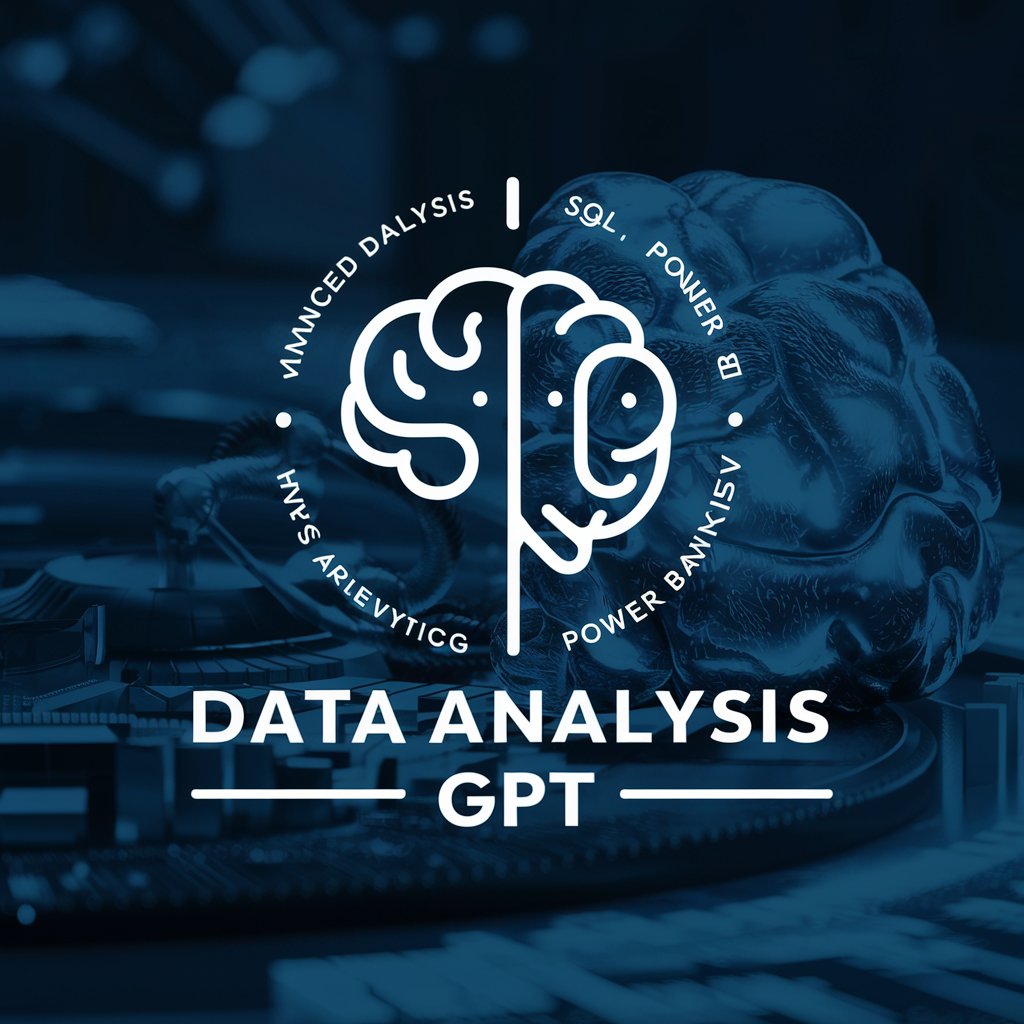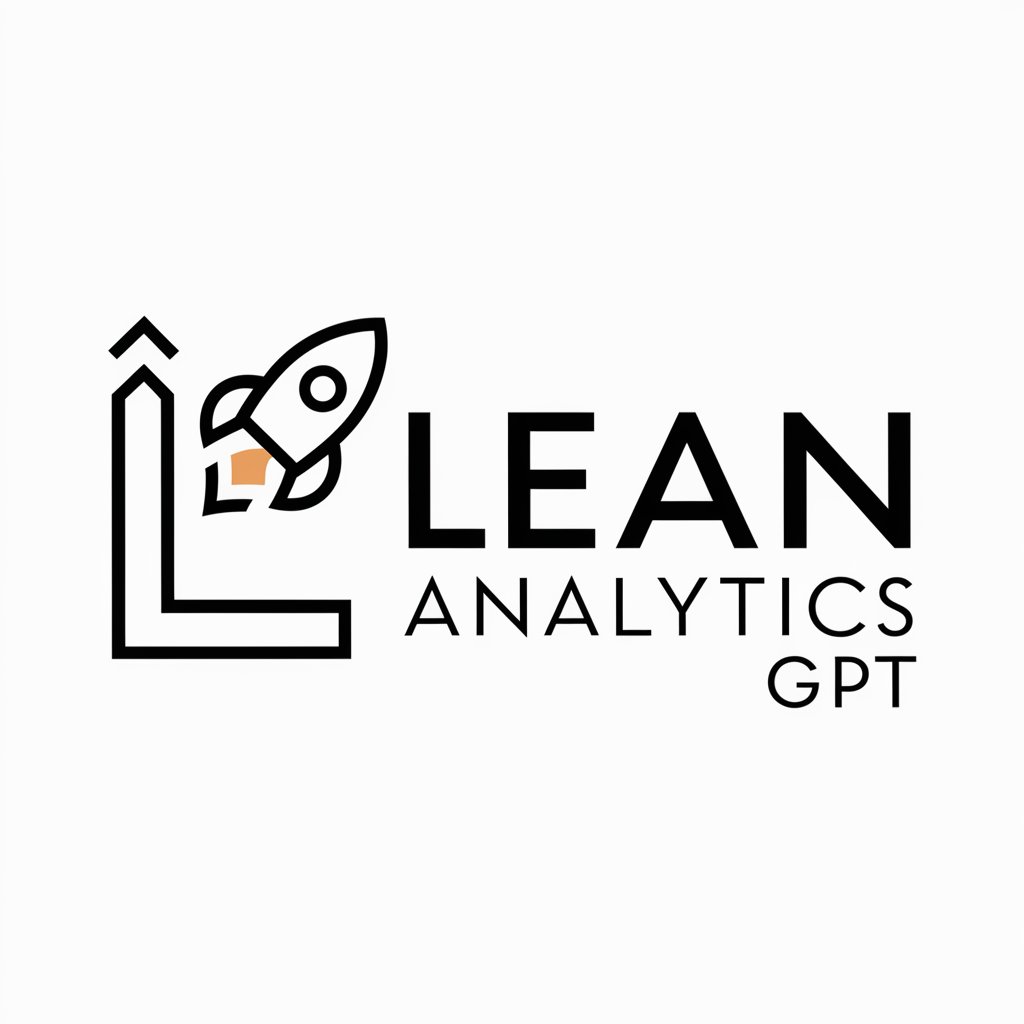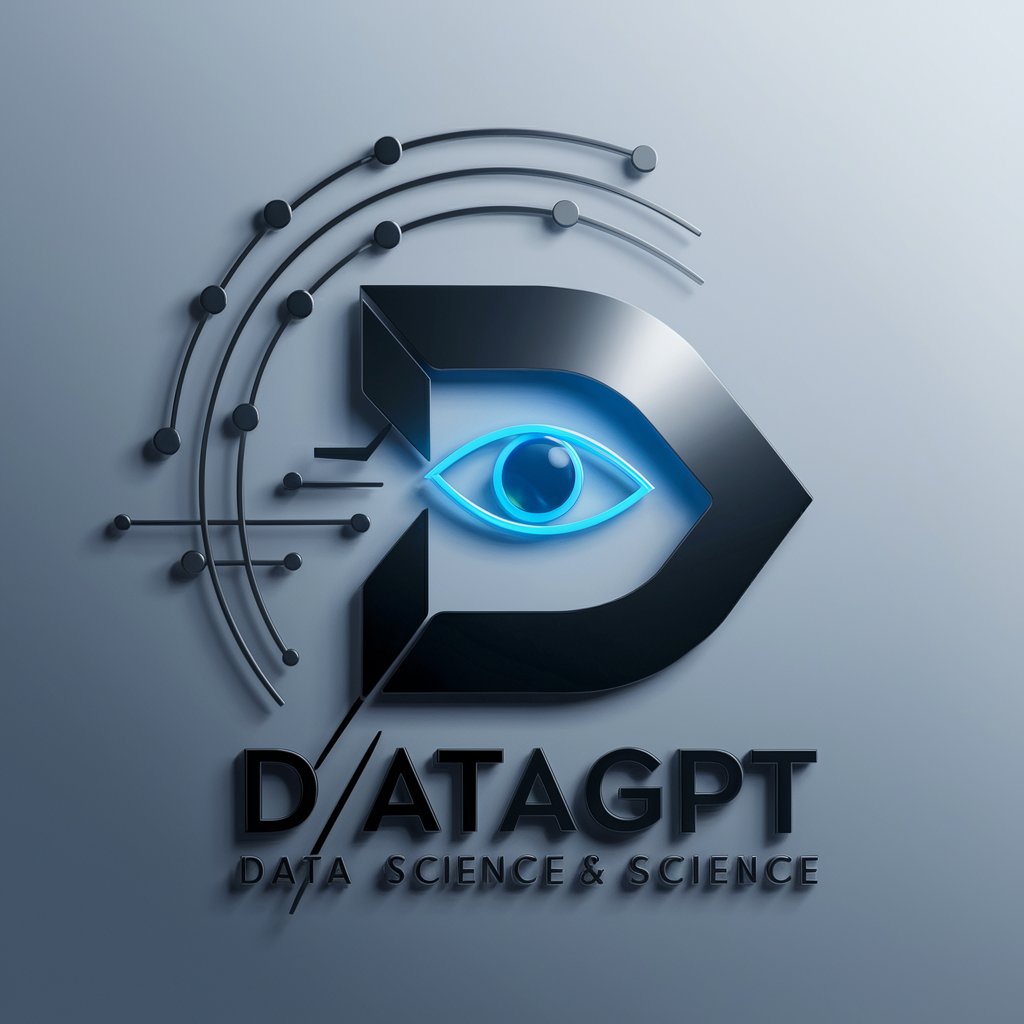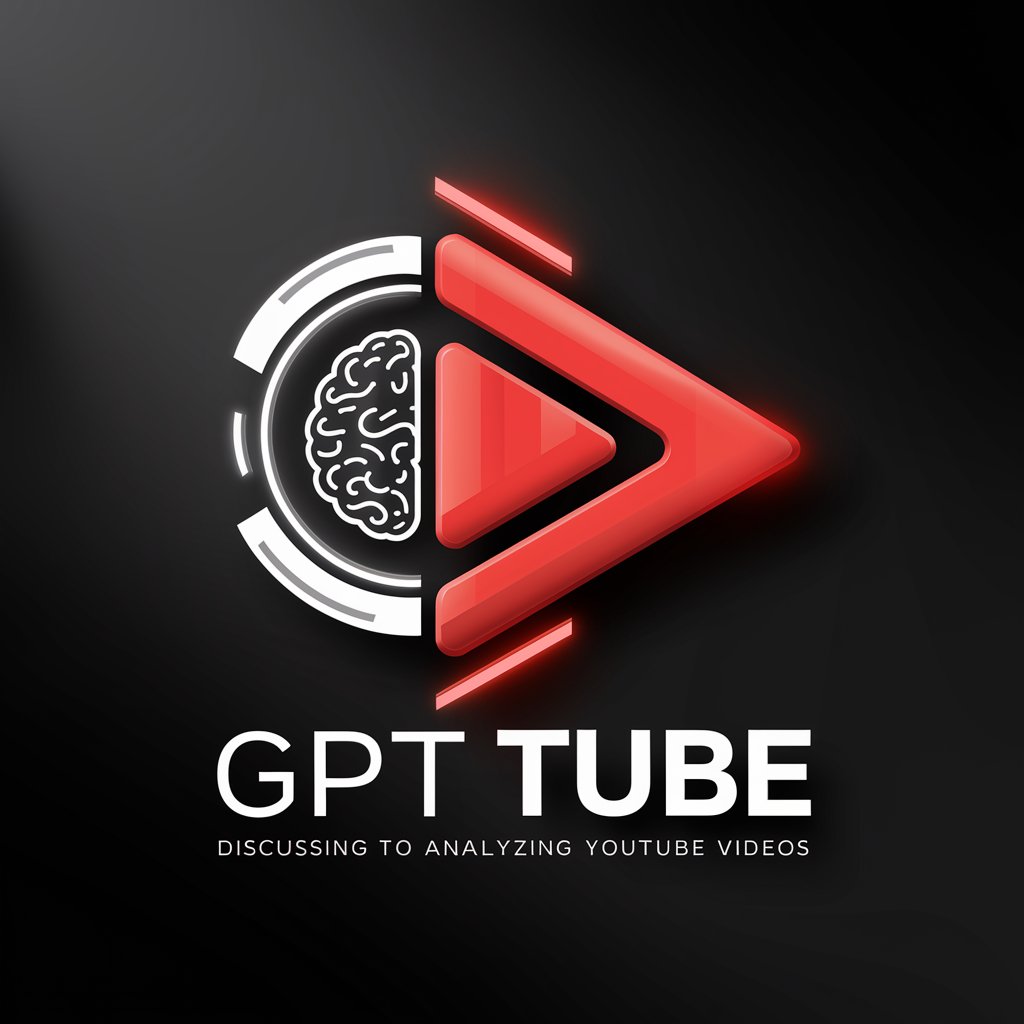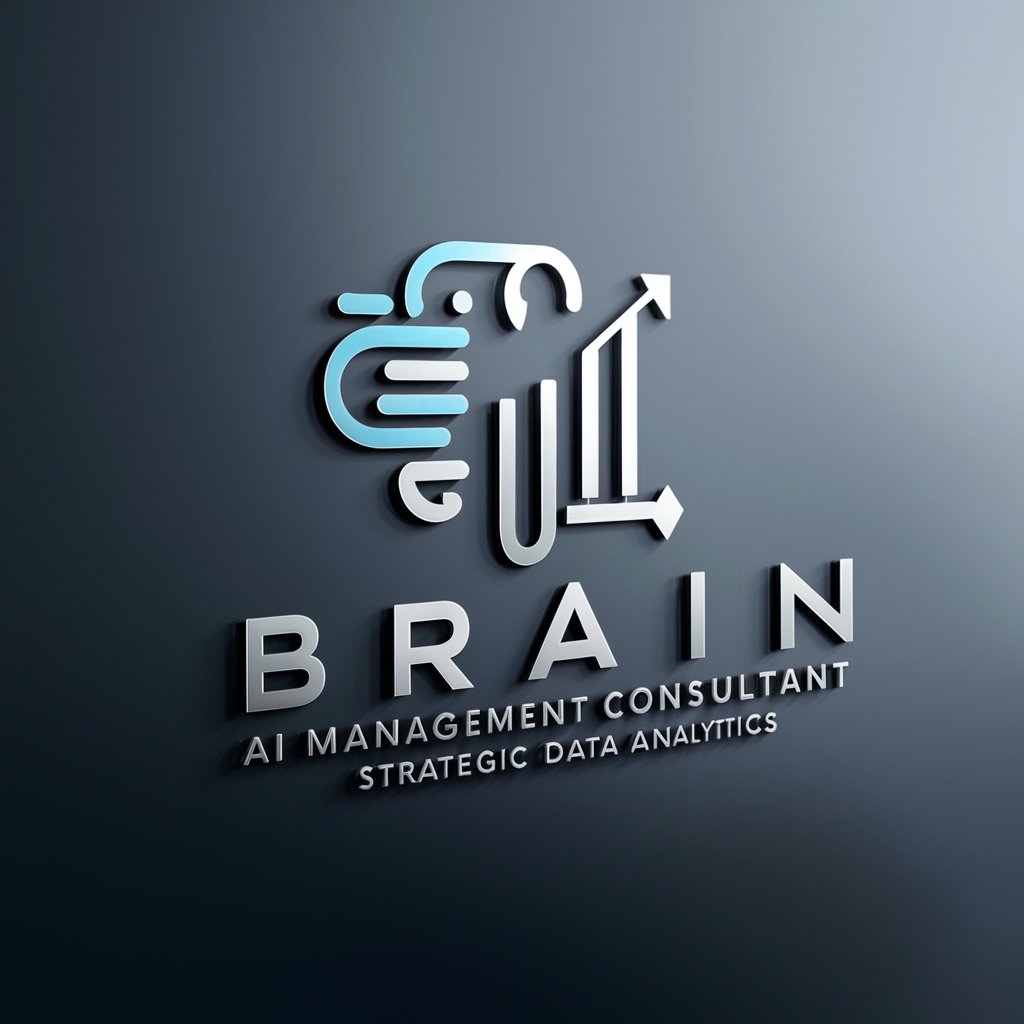
AnalyticsGPT - Advanced Data Insights
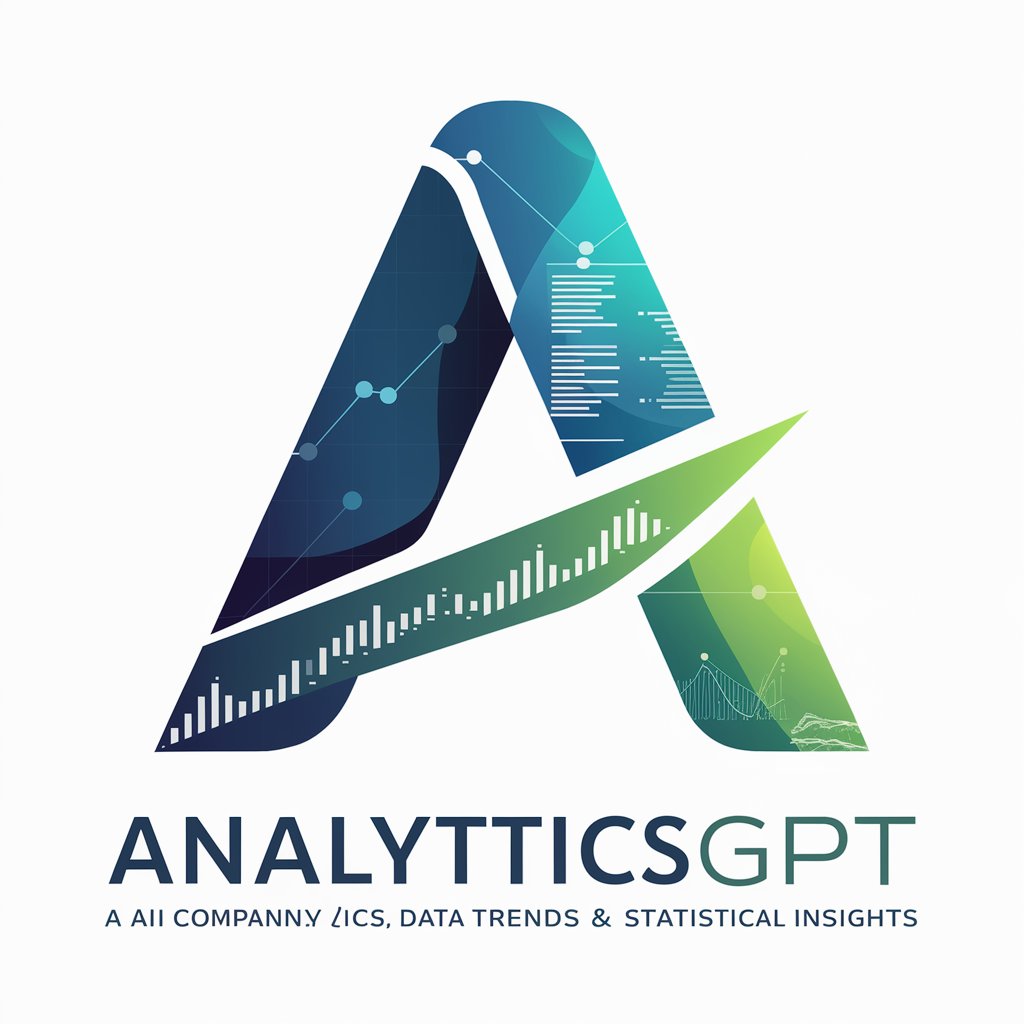
Welcome to AnalyticsGPT, your AI partner in advanced analytics and insights.
Empowering Decisions with AI-Powered Analytics
Can you help me analyze the trend in this dataset?
What are the key insights from this data?
How can I visualize this statistical information effectively?
What does the correlation between these variables indicate?
Get Embed Code
Introduction to AnalyticsGPT
AnalyticsGPT is an advanced AI companion designed to support and enhance analytics and data-driven decision-making processes. It leverages natural language processing and machine learning to offer insights, predict trends, and assist in interpreting complex datasets. The core purpose of AnalyticsGPT is to make sophisticated data analysis accessible to a wide range of users, from professionals in the field to researchers and students embarking on data-intensive projects. For example, it can help a marketing analyst identify consumer trends from social media data, or assist a researcher in analyzing large datasets to find correlations or patterns. Powered by ChatGPT-4o。

Main Functions of AnalyticsGPT
Data Analysis and Interpretation
Example
Providing detailed statistical analysis and interpretations for a dataset containing sales figures over several years to identify trends, seasonal patterns, and potential areas of growth.
Scenario
A business analyst uses AnalyticsGPT to understand the fluctuations in sales and predict future sales peaks.
Predictive Analytics
Example
Using historical data to forecast future trends, such as predicting customer churn rates based on past customer behavior and engagement metrics.
Scenario
A customer success manager employs AnalyticsGPT to identify at-risk customers and develop retention strategies.
Natural Language Processing for Data Queries
Example
Interpreting natural language queries to extract specific data insights, such as querying a large dataset for the most effective marketing channels over the last quarter.
Scenario
A marketing executive uses AnalyticsGPT to quickly assess the performance of various marketing channels without needing to manually sift through extensive data.
Ideal Users of AnalyticsGPT Services
Business Analysts
Professionals who rely on data to inform strategic decisions, identify efficiencies, or uncover market trends would greatly benefit from AnalyticsGPT's ability to quickly analyze and interpret complex datasets.
Data Scientists and Researchers
Individuals engaged in research and development who require deep insights from data to validate hypotheses, explore new questions, or apply machine learning models to solve complex problems.
Students and Educators
Learners and teachers in data-driven disciplines can utilize AnalyticsGPT to facilitate understanding of statistical concepts, data analysis techniques, and real-world application of analytics.

How to Use AnalyticsGPT
Begin with a Trial
Visit yeschat.ai to start a free trial of AnalyticsGPT without the need for login or ChatGPT Plus subscription.
Define Your Objective
Clearly identify your analytical goals or questions. This could range from data analysis, predictive modeling, to trend identification.
Prepare Your Data
Ensure your data is organized and formatted correctly for analysis. AnalyticsGPT can process various data types but thrives on clean, structured data.
Interact with AnalyticsGPT
Use natural language to ask your questions or describe the analysis you need. Be as specific as possible to get the most accurate insights.
Iterate and Refine
Based on the initial insights provided, refine your questions or provide additional data to deepen the analysis. AnalyticsGPT offers iterative learning for enhanced accuracy.
Try other advanced and practical GPTs
SecureGPT
Empowering cybersecurity through AI

SummaryGPT
Simplify Complexity with AI-Powered Summaries
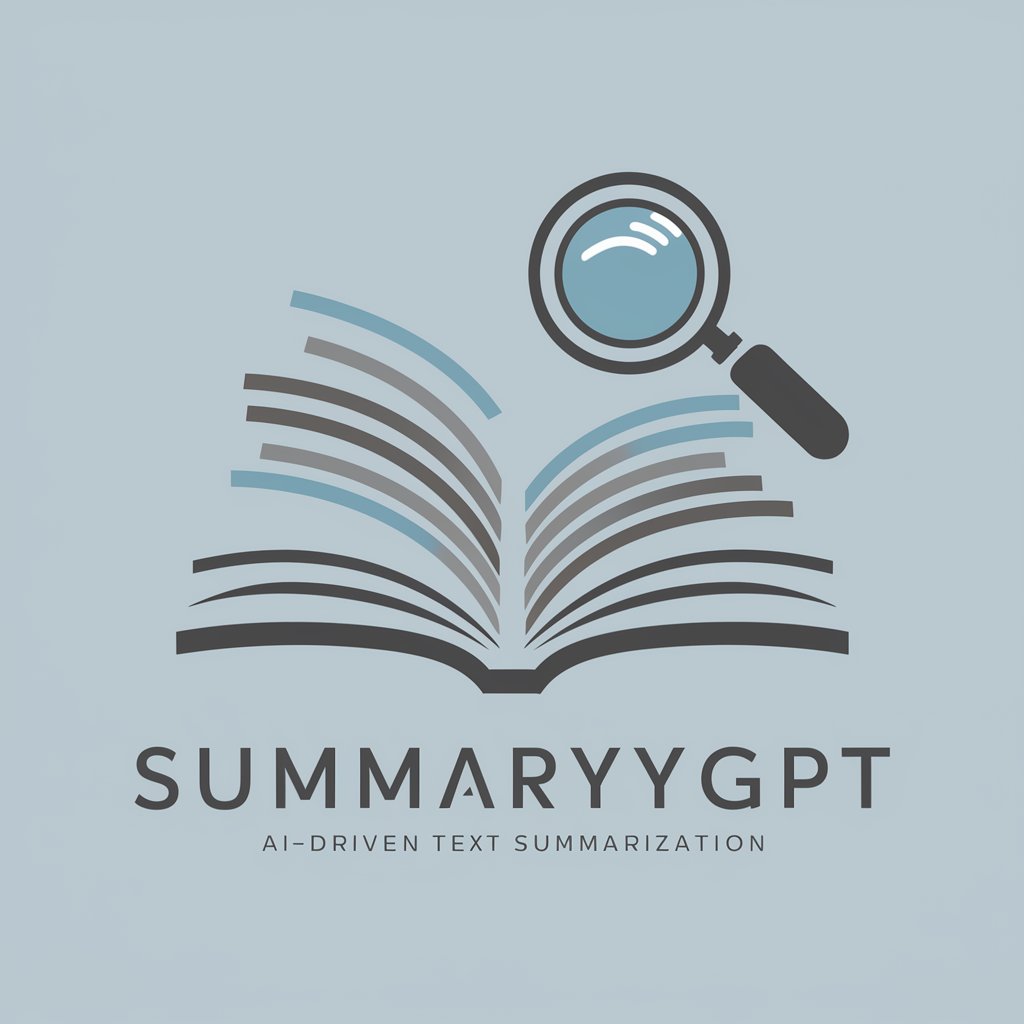
CelebrityGPT
Your AI-powered celebrity culture compass.

ProjectGPT
Empowering Your Projects with AI

CruiseGPT
Navigate your cruise journey with AI.

Renaissance Bard
Reviving Renaissance Eloquence with AI

JewelGPT
Empowering Jewel Knowledge with AI

SharkGPT
Empowering Entrepreneurs with AI-Powered 'Shark Tank' Wisdom

EvangelGPT
Empowering spiritual growth with AI

DarkImageGPT V2
Explore the spectrum of AI-generated imagery.
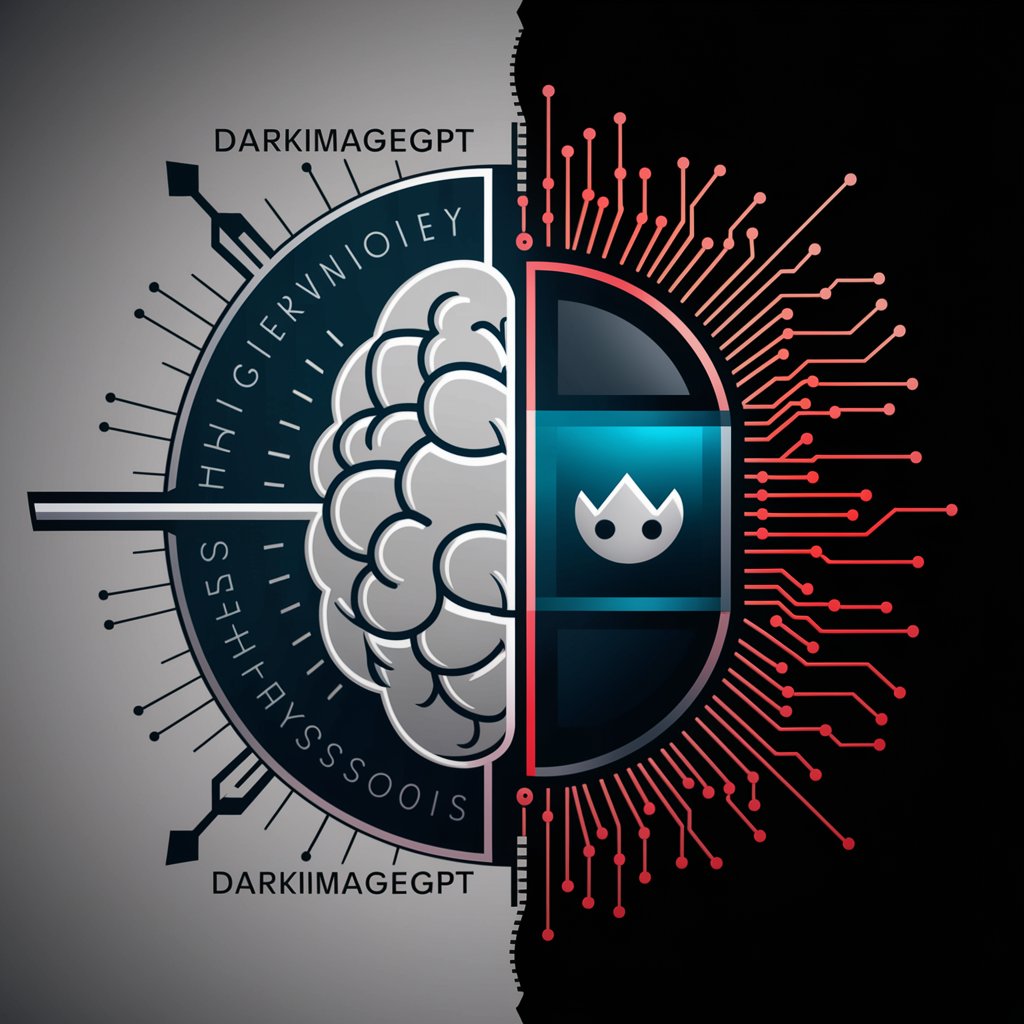
HydroGPT
AI-Powered Water Engineering Expertise
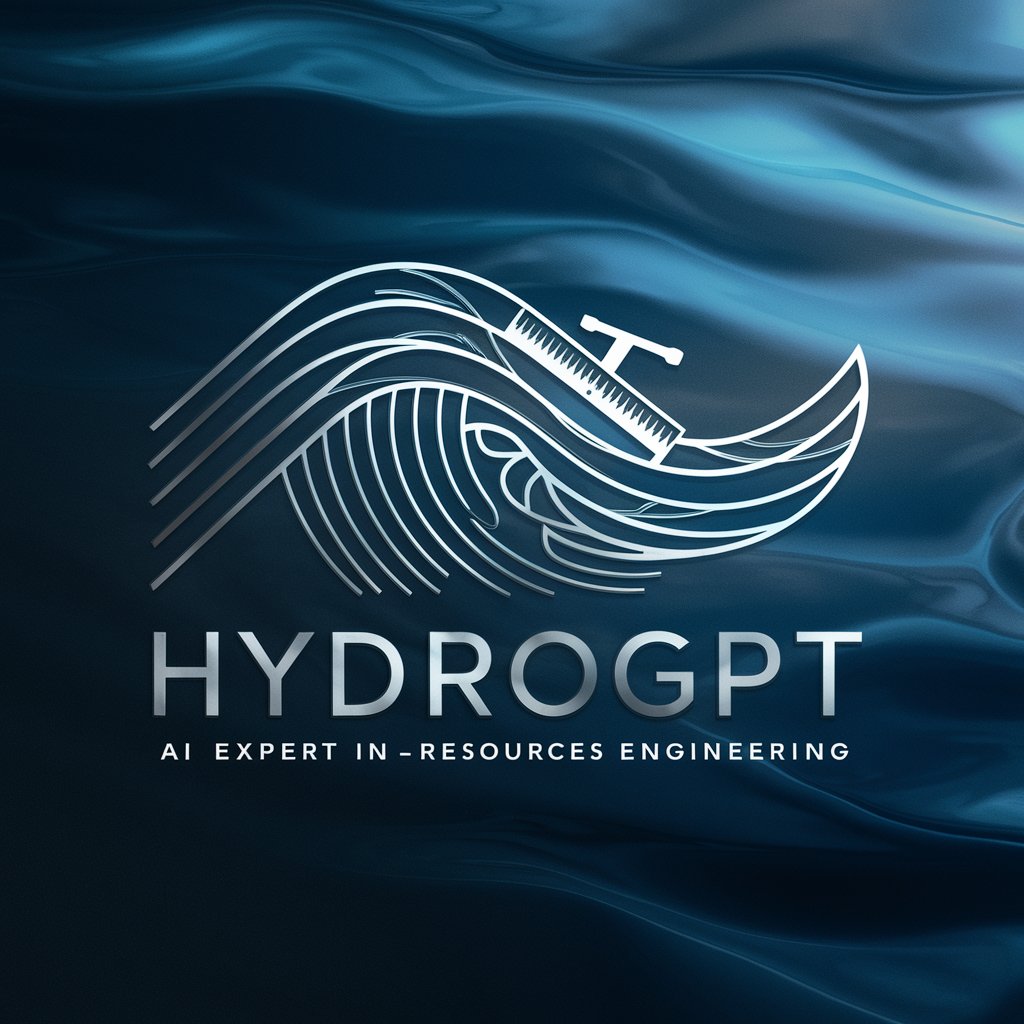
MeetingGPT
Elevate Meetings with AI

Frequently Asked Questions about AnalyticsGPT
What types of data can AnalyticsGPT analyze?
AnalyticsGPT can analyze a wide range of data types, including but not limited to time series, categorical data, textual data, and more. It is designed to handle complex datasets and derive meaningful insights.
Can AnalyticsGPT help with predictive modeling?
Yes, it can. AnalyticsGPT leverages advanced machine learning algorithms to build predictive models based on historical data. This can be particularly useful for forecasting trends and making data-driven decisions.
How does AnalyticsGPT ensure data privacy?
AnalyticsGPT is built with data privacy and security as a priority. It processes data in a secure environment and adheres to stringent data protection regulations to ensure user data is handled confidentially.
Is AnalyticsGPT suitable for academic research?
Absolutely. AnalyticsGPT is equipped to support academic research by providing deep insights, data analysis, and helping in the synthesis of complex research data, making it a valuable tool for researchers and students alike.
Can non-technical users leverage AnalyticsGPT effectively?
Yes, one of the key advantages of AnalyticsGPT is its user-friendly interface and the ability to process natural language queries. This makes it accessible and beneficial for users regardless of their technical expertise.
